Scouted selects products independently. If you purchase something from our posts, we may earn a small commission.
When it comes to skincare, finding an ingredient that addresses multiple concerns can feel like striking gold. Retinoids and vitamin C are two well-known products in this category, but there’s another under-the-radar ingredient that fits the bill: azelaic acid.
Recommended by dermatologists for its wide range of benefits, azelaic acid is proving to be a game-changer for a laundry list of common skin concerns, from acne to hyperpigmentation to rosacea. Its ability to tackle inflammation, brighten the skin, and fade dark spots makes it a versatile and valuable addition to any skincare routine.
What is Azelaic Acid?
“Azelaic acid is a dicarboxylic acid derived from grains like rye, wheat, or barley,” says Dr. Joshua Zeichner, a board-certified dermatologist based in New York City. He goes on to explain that, unlike other acids, azelaic acid does not exfoliate the skin. “Instead, it offers significant anti-inflammatory and skin-brightening benefits.”
“Azelaic acid is a commonly used ingredient for facial conditions like acne and rosacea because it helps reduce inflammation, improving red bumps, pimples, and redness on the face,” says Zeichner. This dual-action approach makes it a versatile addition to any skincare regimen, particularly for those battling redness and breakouts.
Benefits of Azelaic Acid
Reduces Inflammation
One of the standout properties of azelaic acid is its anti-inflammatory effect. This makes it particularly effective for treating conditions like acne and rosacea. By reducing inflammation, azelaic acid helps to calm the skin, reduce redness, and diminish the appearance of pimples and red bumps.
Brightens Skin and Fades Dark Spots
Azelaic acid also blocks the production of abnormal pigmentation, which is why it's commonly used to lighten dark spots on the skin. Whether these spots are caused by sun exposure or post-inflammatory hyperpigmentation from acne, azelaic acid can help. “I commonly recommend azelaic acid in my patients with facial hyperpigmentation alongside other skin-brightening ingredients like vitamin C, kojic acid, and arbutin,” notes Zeichner.
Plays Well with Other Ingredients
Another advantage of azelaic acid is its compatibility with other skincare ingredients. It pairs well with ingredients that enhance cell turnover or exfoliate, such as retinol or glycolic acid. This makes it easy to incorporate into an existing skincare routine without causing adverse reactions. However, according to Zeichner, some people might experience mild dryness or irritation, so it’s advisable to use it alongside a moisturizer.
Patience is Key
While azelaic acid has tons of complexion-enhancing benefits, it does take some time to see visible results. Zeichner emphasizes the importance of consistency and patience: “The benefits of azelaic acid take several weeks or months of continuous use, so be patient with it and stick to the routine.”
Azelaic Acid Products to Try
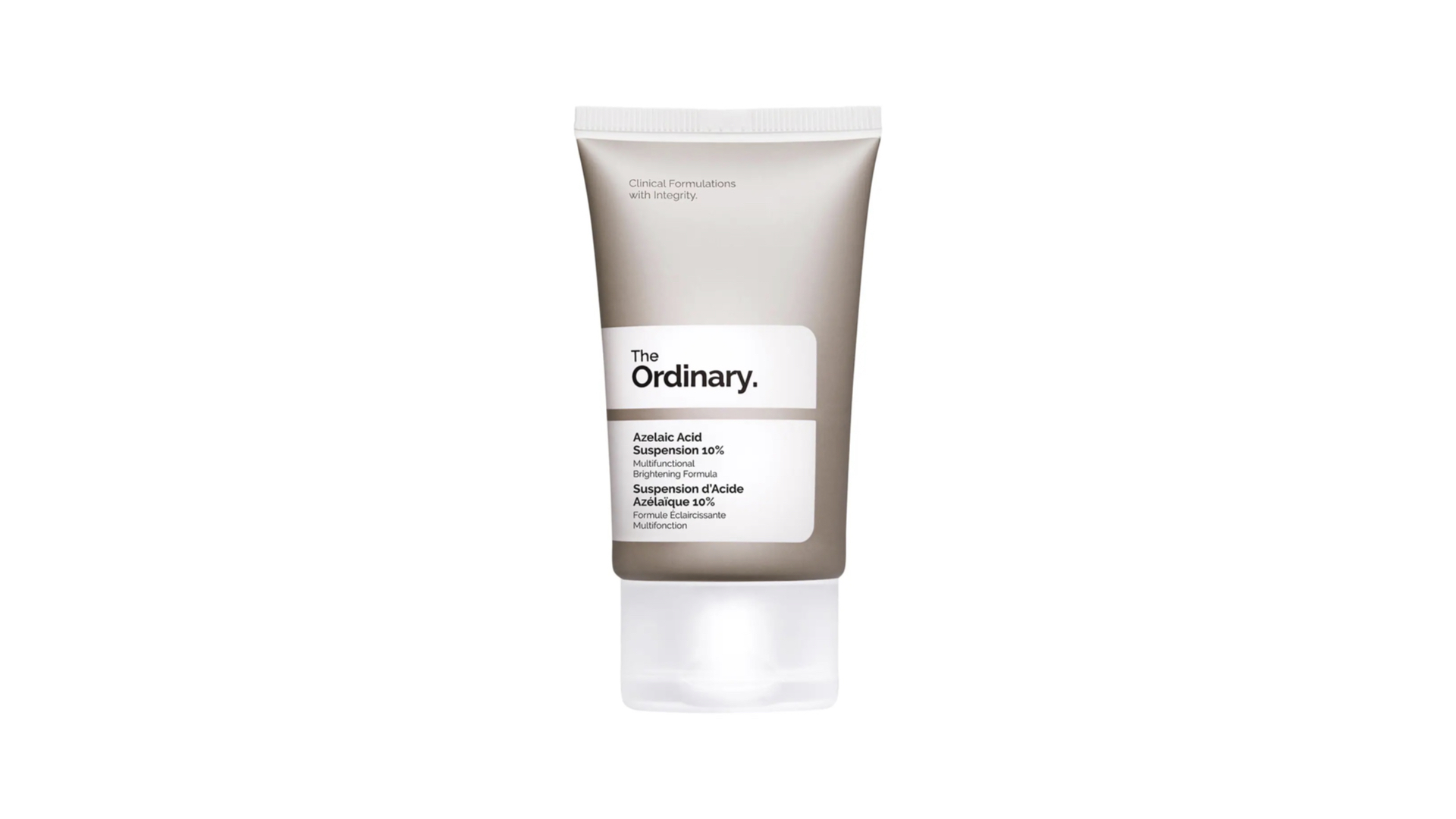
“This product contains maximum strength 10% azelaic acid to help brighten and soothe the skin in a non-irritating formula,” says Zeichner. It's a great option for addressing multiple skin concerns with one affordable cream.
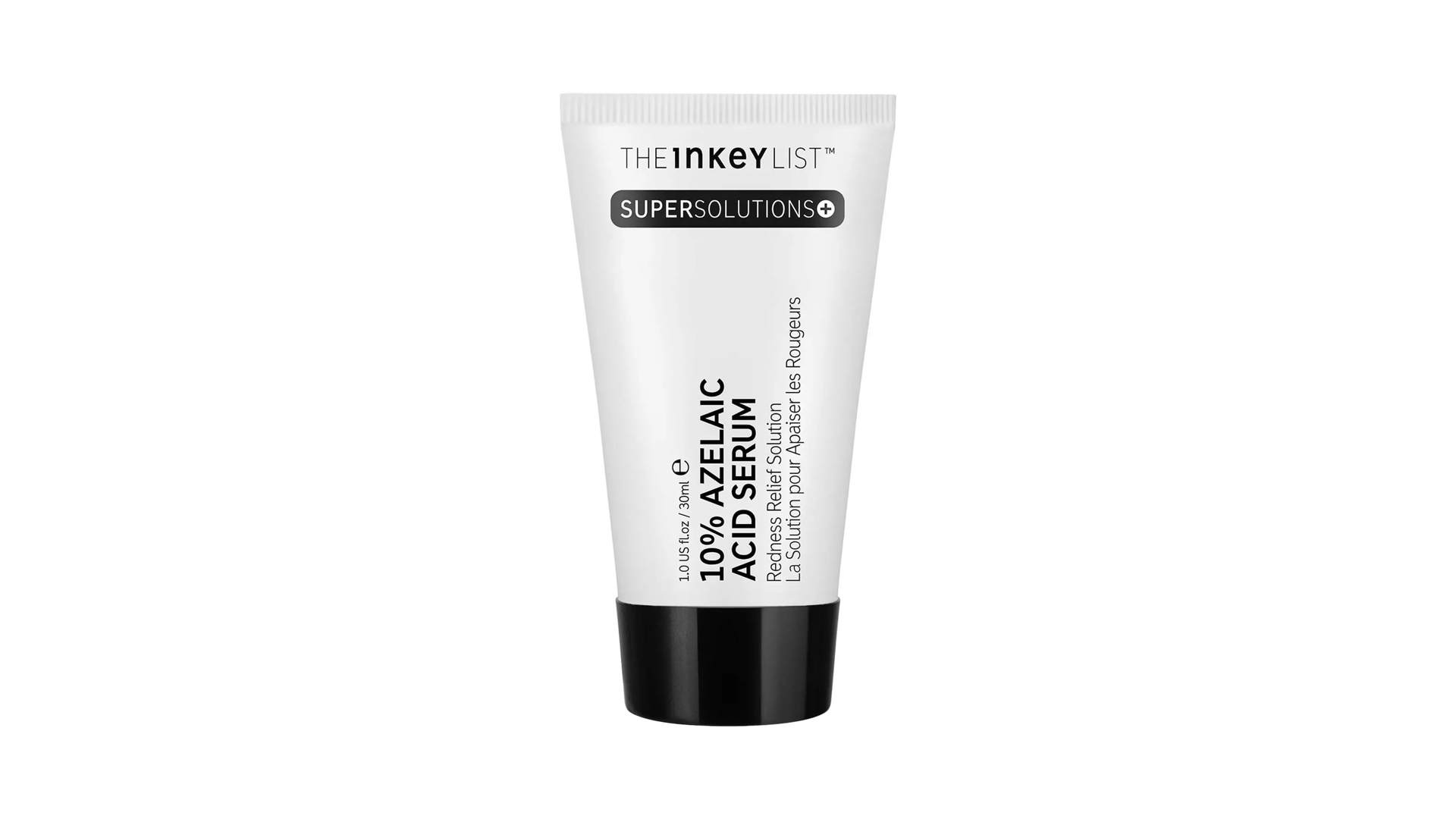
For those with facial redness and rosacea, Zeichner recommends this product from The Inkey List. “This over-the-counter formula [has] the same active ingredient at an accessible price point. It can be used twice daily alongside a moisturizer to calm redness and sensitivity.”
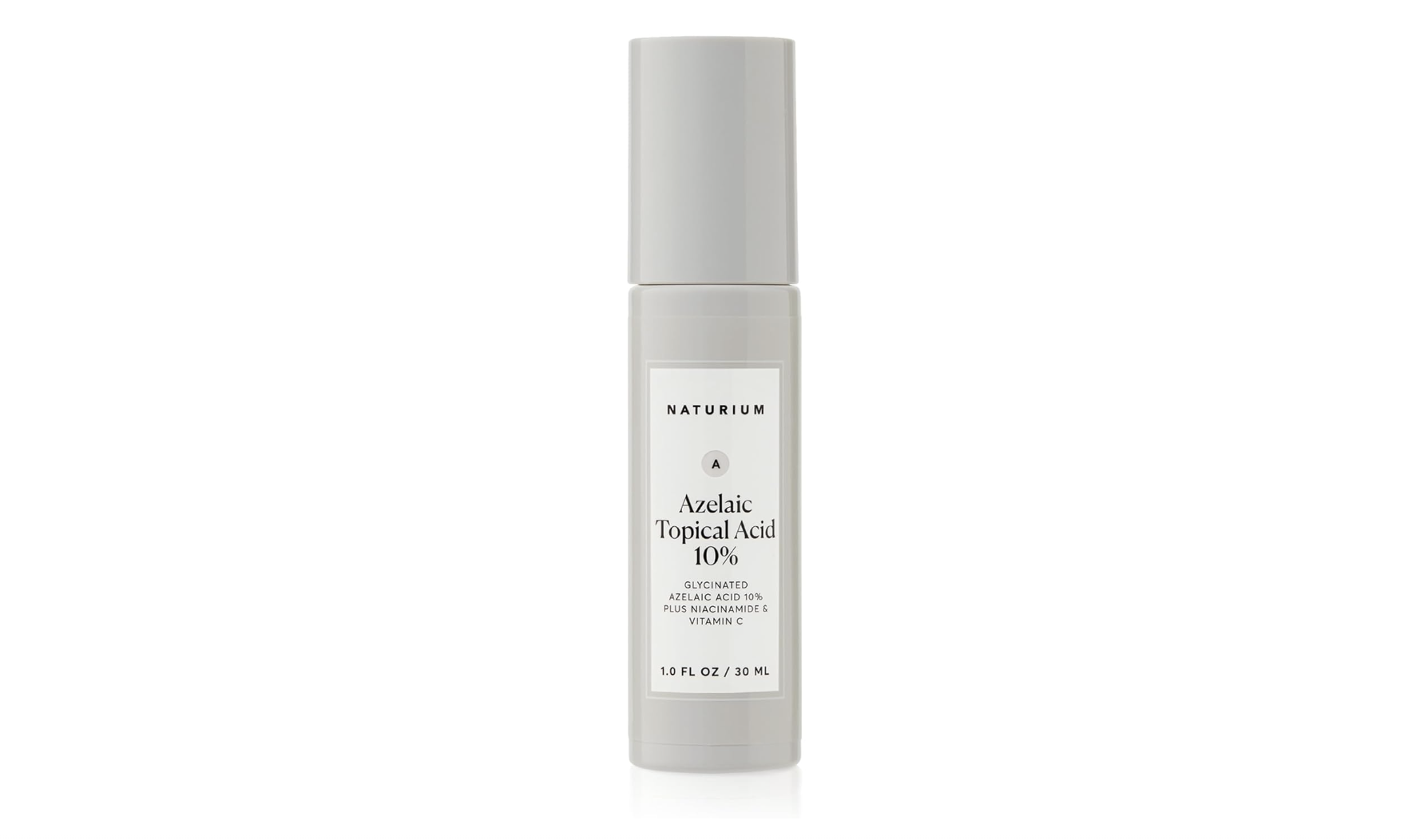
Formulated with an azelaic acid derivative (along with niacinamide, vitamin C and coffee seed extract), this serum helps balance excess oil, gently exfoliates, and reduces dark spots, leaving skin feeling comfortable and hydrated.
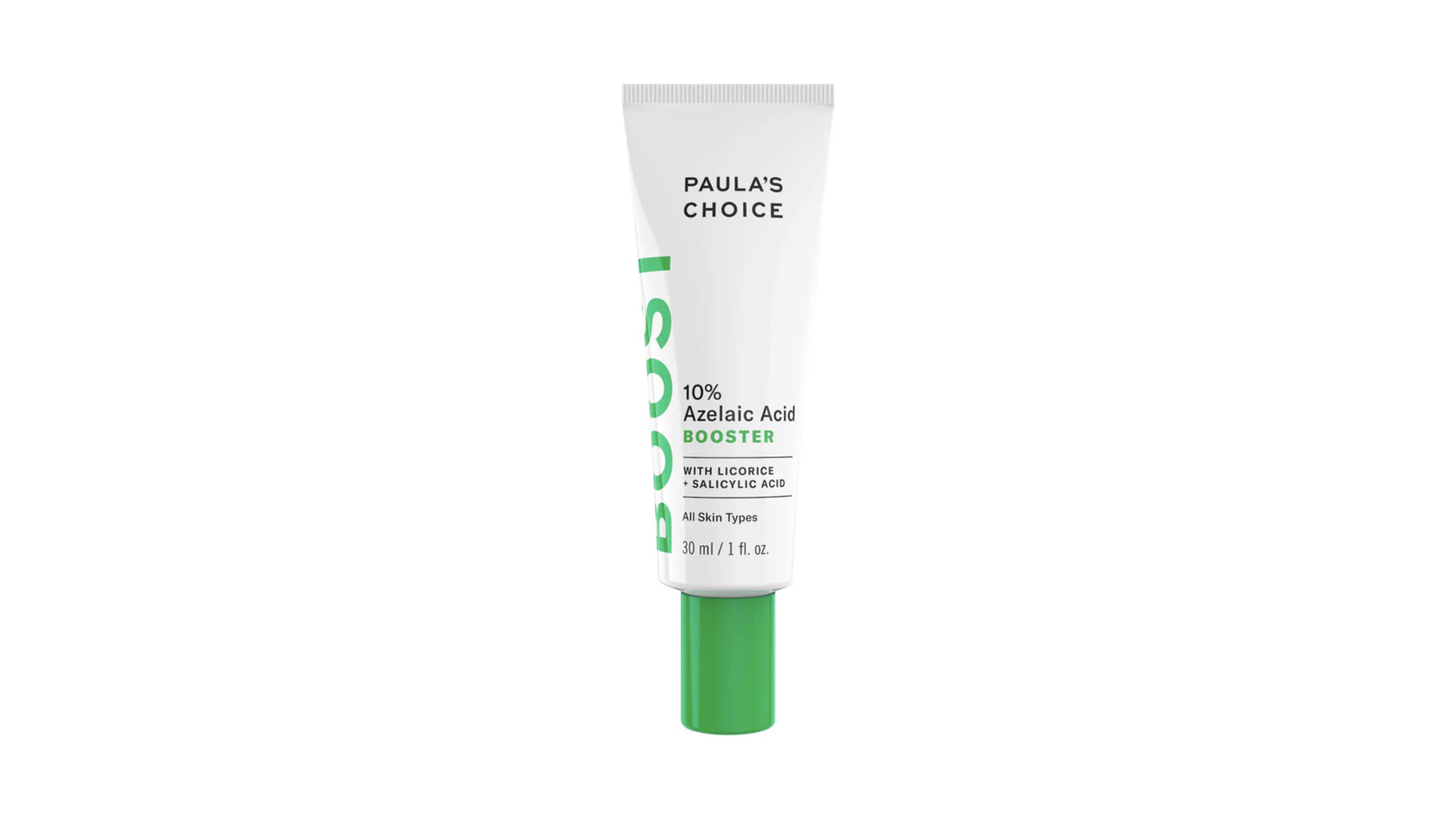
This lightweight cream is formulated with a potent blend of azelaic acid, salicylic acid (BHA), and visibly brightening botanicals to help reduce redness and fade acne marks.
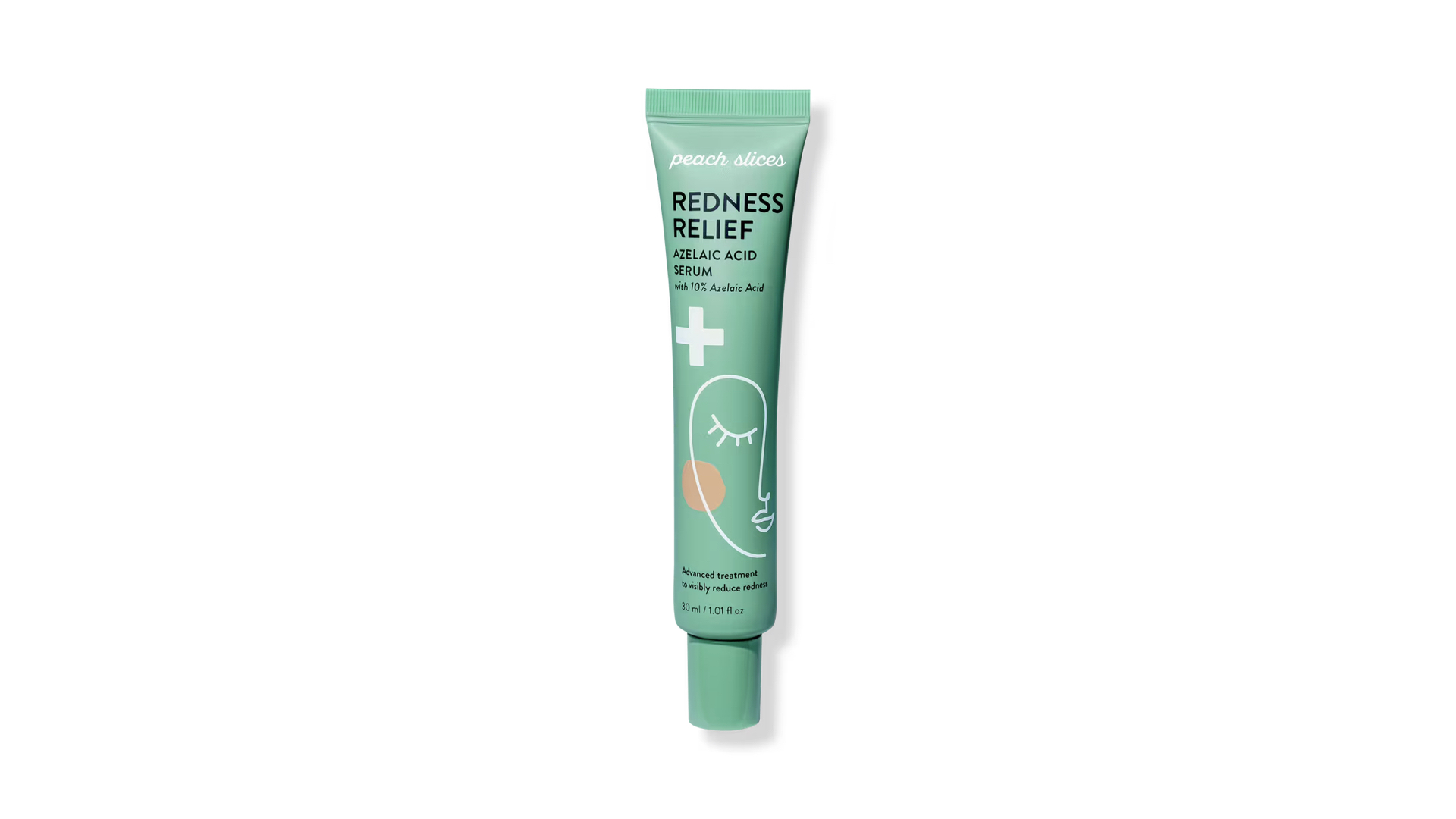
This advanced treatment serum helps reduce redness and rosacea symptoms. Formulated for all skin types (including sensitive skin), it also targets irritation from breakouts to prevent acne scars from forming.
MORE FROM SCOUTED:







